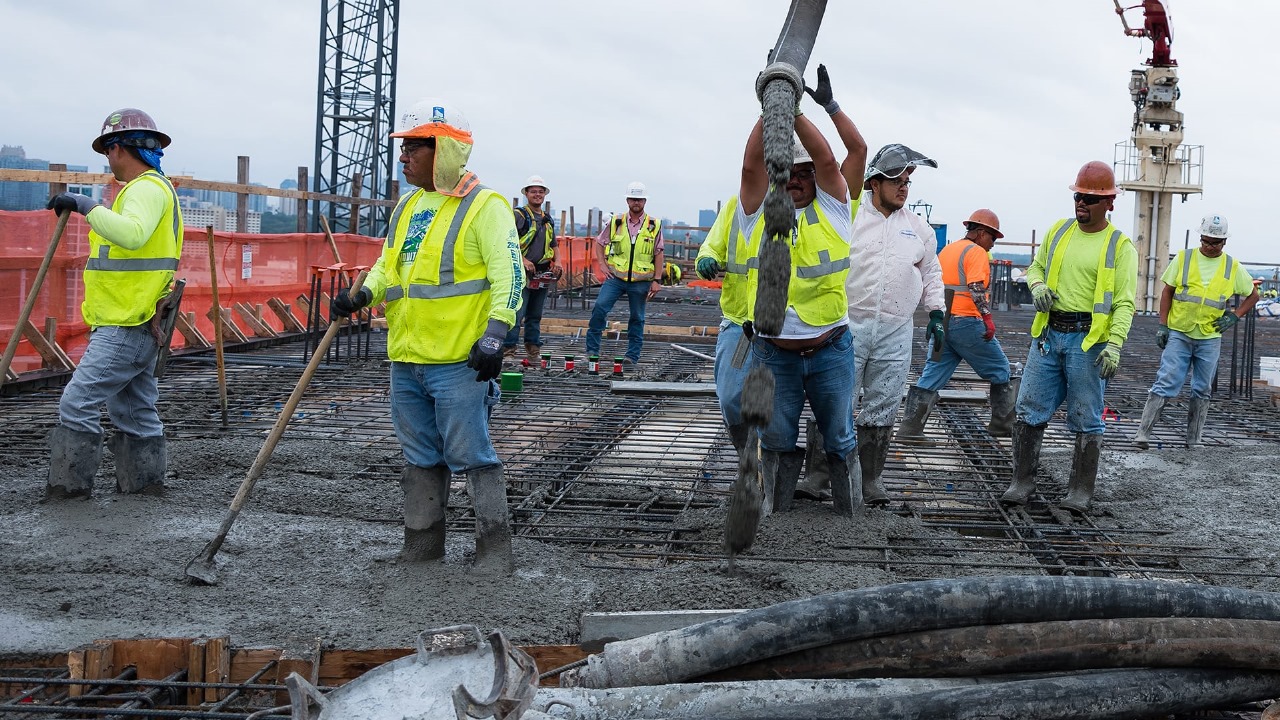The construction industry in Texas is growing rapidly, creating strong demand for skilled professionals. To meet this demand, construction trade schools in texas offer specialized programs designed to equip students with the technical knowledge and practical skills necessary to succeed in various construction trades. Understanding the curriculum is key to choosing the right school and program that aligns with your career goals.
This article provides an overview of the typical curriculum offered by construction trade schools across Texas, highlighting essential courses, training components, and certifications.
Core Components of Construction Trade School Curriculums in Texas
1. Technical and Practical Skills Training
At the heart of every construction trade school curriculum is hands-on training. This practical approach ensures students gain proficiency in the tools, techniques, and technologies used in the field.
- Carpentry and Framing: Students learn wood framing, drywall installation, and finish carpentry.
- Electrical Systems: Instruction includes wiring, circuit analysis, and electrical safety protocols.
- Plumbing: Curriculum covers pipe fitting, drainage systems, and water supply installation.
- Welding: Training in multiple welding techniques such as MIG, TIG, and stick welding.
- HVAC (Heating, Ventilation, and Air Conditioning): Focuses on installation, maintenance, and repair of HVAC systems.
This hands-on training typically takes place in workshops or labs equipped with industry-standard tools and materials, simulating real-world job site conditions.
2. Blueprint Reading and Construction Math
Understanding construction plans and accurately interpreting blueprints is vital for any construction professional. Students learn to read technical drawings, identify symbols, and measure dimensions.
Construction math courses cover measurements, estimations, geometry, and algebra relevant to construction tasks such as calculating material quantities, costs, and project timelines.
3. Safety Training and OSHA Compliance
Safety is paramount in construction. Trade schools integrate safety courses into their curriculums, emphasizing:
- Workplace hazard recognition
- Proper use of personal protective equipment (PPE)
- OSHA (Occupational Safety and Health Administration) standards and regulations
- Safe operation of machinery and tools
Completing OSHA safety training often results in a certification that enhances employability.
4. Materials and Equipment Handling
Students learn about the properties, handling, and application of construction materials such as concrete, steel, wood, and composites. Training also includes the safe and effective use of heavy machinery like forklifts, cranes, and excavators where applicable.
5. Construction Management Fundamentals
Many programs incorporate foundational courses in construction management, covering topics like:
- Project scheduling and planning
- Budgeting and cost control
- Contract administration
- Building codes and regulations
- Environmental sustainability practices
This knowledge is essential for students aiming to advance into supervisory or managerial roles.
6. Soft Skills and Professional Development
Construction trade schools also focus on developing essential soft skills such as teamwork, communication, problem-solving, and time management. Professionalism and work ethics are emphasized to prepare students for the expectations of the construction industry.
Certification and Licensing Preparation
A key benefit of attending a construction trade school in Texas is the preparation for certifications and licenses critical to career advancement:
- OSHA 10- and 30-Hour Certifications: Standard safety certifications required by many employers.
- Trade-Specific Certifications: Examples include NCCER (National Center for Construction Education and Research) credentials, welding certifications, and HVAC licenses.
- Apprenticeship Readiness: Many programs align with apprenticeship standards, enabling graduates to enter registered apprenticeship programs seamlessly.
Program Duration and Delivery Formats
Construction trade programs in Texas vary in length:
- Certificate Programs: Typically range from a few months to one year, focusing on specific trades for quick workforce entry.
- Associate Degrees: Usually two-year programs combining technical training with general education, providing a broader academic foundation.
- Continuing Education: Some schools offer short courses or refresher training for experienced professionals seeking to upgrade skills.
Programs may be offered full-time, part-time, or in hybrid formats combining online theory with in-person labs to accommodate diverse student needs.
Conclusion
The curriculum offered by construction trade schools in Texas is comprehensive and designed to prepare students thoroughly for careers in a variety of construction trades. Through a blend of technical instruction, hands-on training, safety education, and professional development, these schools equip students with the skills and certifications required to excel in the fast-paced construction industry.
Before enrolling, prospective students should review the curriculum details of their preferred schools to ensure the program covers their desired trade specialties and offers strong industry connections for career placement.
Embarking on a program at a Texas construction trade school is an investment in a promising career with opportunities for growth, stability, and personal fulfillment in one of the state’s most dynamic sectors.



